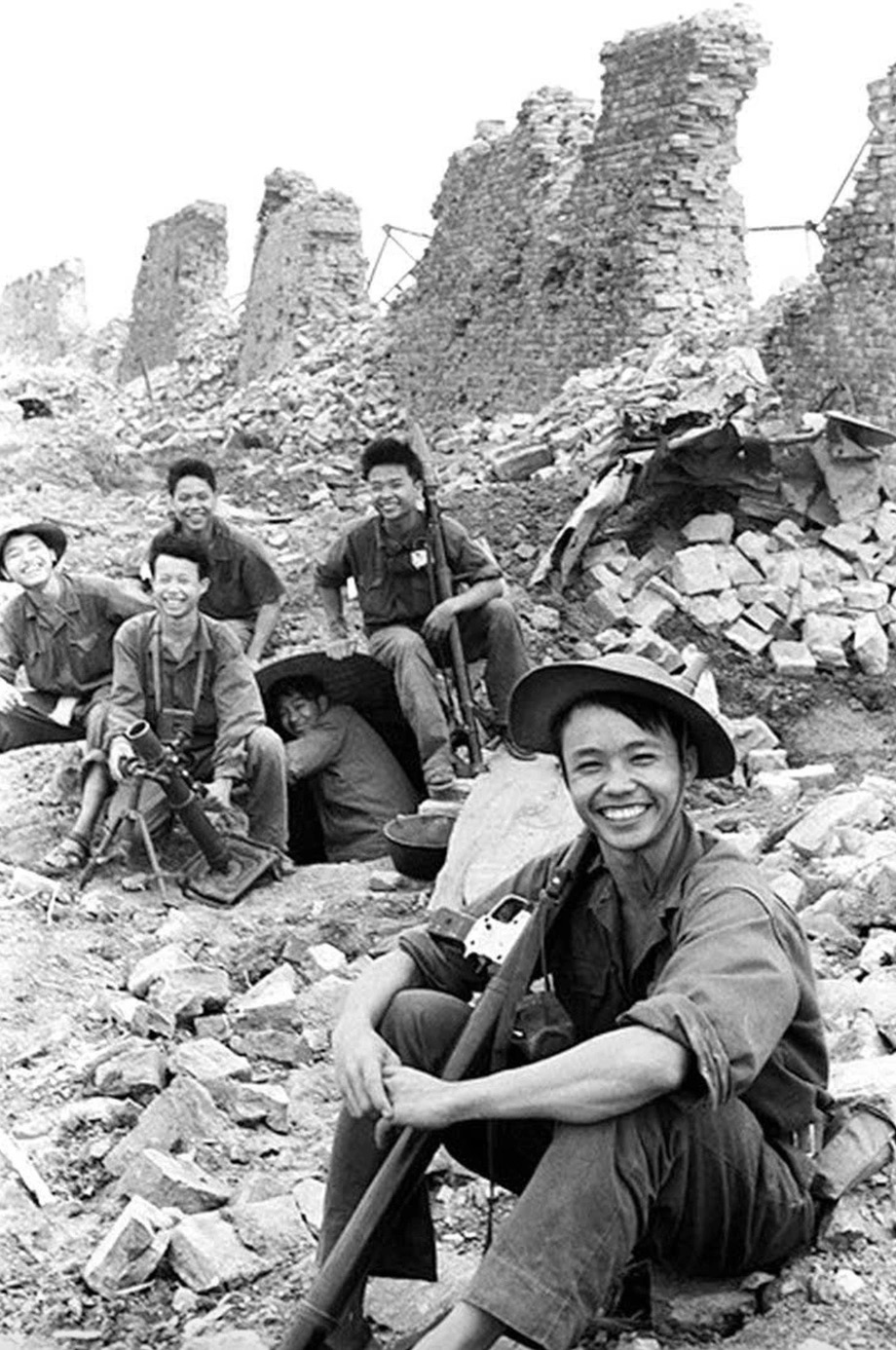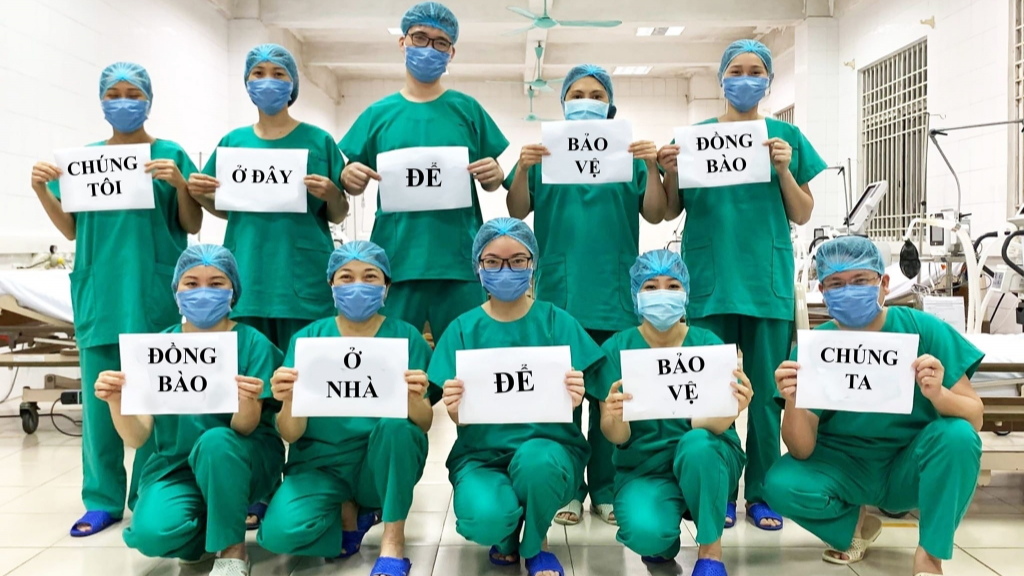I grew up with my mom’s lullabies, folk poems, and Vietnamese proverbs slipping into everyday conversations. She would often remind me: "Thua keo này ta bày keo khác" - “Lose this game, plan the next one.” Or "Còn người là còn của" - “As long as you’re alive, there’s still hope.” Simple sayings, sure, but they were her way of teaching me to stay grounded when life gets tough.
She used to tell me that my grandmother was just as optimistic. “Không ai nghèo ba họ, không ai khó ba đời,” she’d say - “No one stays poor for three generations, no one struggles forever.” I don’t know if that’s always true. But when I think about how these words carried my mom through hard times, I know they mattered.
I still think about a folk song from Bình Trị Thiên that I came across when I was little. It tells the story of ten eggs. One by one, each egg goes bad. I kept holding out hope for the last three, but they didn’t make it either, one got snatched by a kite, another by a crow, and the last one was eaten. It sounds tragic. And yet, somehow, the ending wasn’t hopeless. The final lines go:
“Chớ than phận khó ai ơi, / Còn da lông mọc, còn chồi nảy cây.”
“Don’t pity your hard life. As long as the skin’s intact, hair will grow. As long as a tree still has roots, new shoots will sprout.”
That’s the kind of quiet strength that runs through so much of Vietnamese folk literature. No matter how grim the story, it usually ends with good winning over evil, even if punishment for the evil is harsh (like in the tale of Tấm Cám, where Tấm boils her stepsister to death).
Later, I saw that same spirit in revolutionary poetry and wartime songs from the 1920s all the way through the resistance movements against the colonization of French and Americans. Even in the face of loss, pain, and death, people sang with pride. In Phan Huỳnh Điểu’s Đoàn Vệ quốc quân (March of the National Defense Army), the soldiers go off to war saying,
“We march as one, not worrying if we’ll make it back.”
In Tố Hữu’s Theo chân Bác (Following Uncle Ho), they walk across the Trường Sơn Mountains with joy:
“We cross Trường Sơn to save the country / Our hearts are full of hope for the future.”
Even when trucks didn’t have windshields, they didn’t complain. “No glass? Then there’s dust,” wrote poet Phạm Tiến Duật. “Faces covered in dirt, we just looked at each other and laughed.”

And when the war years faded, the sirens came back; this time from ambulances during the COVID-19 pandemic. Streets were silent. Everyone stayed indoors. The news was a constant stream of updates about infections and lockdowns. It was heavy. It was heartbreaking. But somehow, that optimism was still there.
I remember the small things that brought people together: dalgona coffee, the catchy TikTok sound “Hạ còn vương nắng” (“Summer Still Glows”), or that anthem “Trái đất tôi yêu màu xanh” (“I Love the Earth in Green”), sung across the country, everyone in matching blue medical masks. Thinking back on it still makes me smile with both pride and tenderness. Because even when things were falling apart, Vietnamese people found a way to move forward through music and laughter.
And they didn’t just survive. Vietnam was one of the fastest countries to bounce back after the pandemic.

During my first year of university, I took a class called Vietnamese Cultural Foundations. In the textbook by Prof. Trần Ngọc Thêm, he wrote that Vietnamese thinking is shaped by the yin-yang philosophy (âm dương), which is something we’ve carried for generations. It teaches us to stay balanced. In daily life, it means being in harmony with others, with nature, and even within our own bodies.
Because everything has both light and dark, joy and sorrow, Vietnamese people are incredibly adaptable. They know that tough times don’t last forever, and good times won’t either. As Professor Thêm put it, “The Vietnamese are a people who live by the future.”
We’re the kind of people who tell ourselves funny, wise things to make sense of it all. Like “Được ăn cả, ngã...” - “Win big or fall flat…”
And if we fall? Well, we just go home and eat rice. No drama. Just start again.
